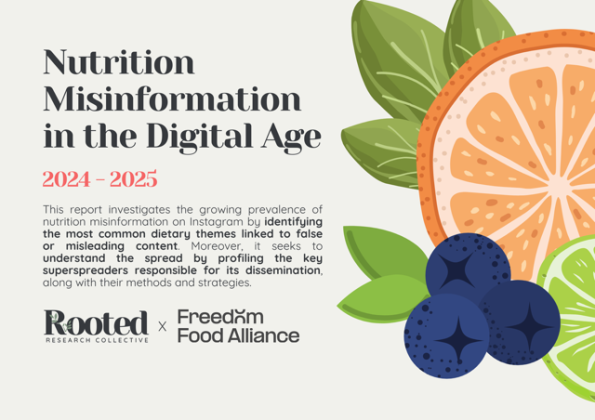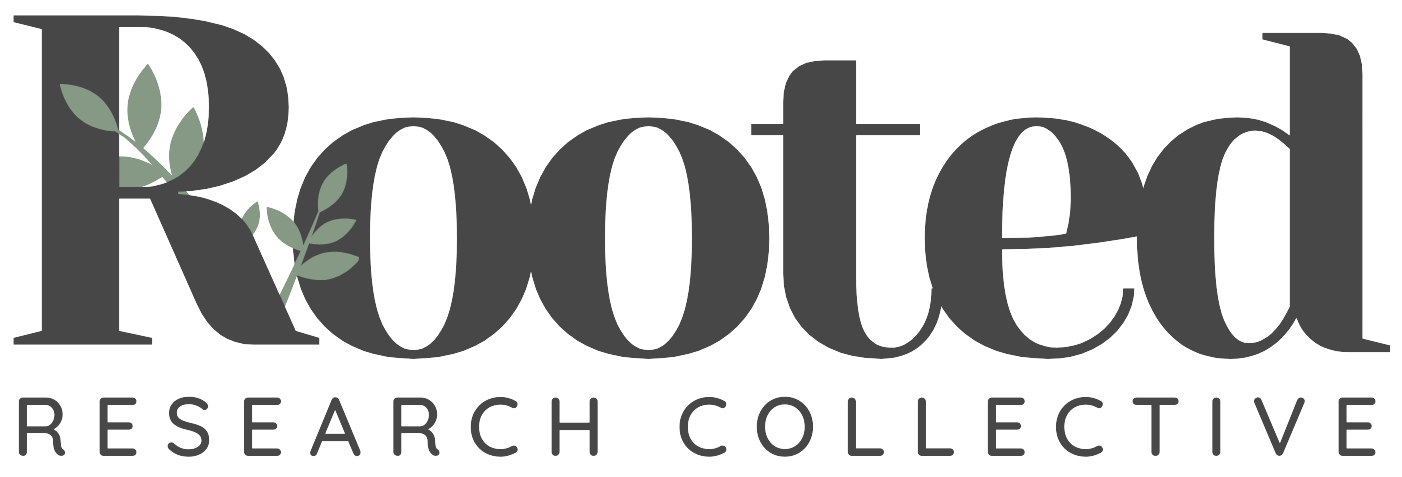About
Rooted Research Collective is a UK-based research consultancy dedicated to making sense of complex issues across food, health, sustainability, and public policy. With a strong focus on evidence-based analysis and public impact, Rooted Research specializes in uncovering misinformation and translating data into actionable insights. Their team, with over four decades of combined experience, is known for producing trusted, nuanced research that supports healthier societies and more informed public discourse.
Challenge
As nutrition misinformation continues to gain traction online, Rooted Research Collective and the Freedom Food Alliance set out to explore how misleading dietary narratives spread on social media, who is behind them, and what tactics they use to build trust and influence. This required access to a large volume of historical and real-time public data across a wide range of accounts and content types.
Using Bright Data’s data tools, along with other data sources, the team was able to extract and analyze public Instagram posts tied to nutrition-related hashtags and keywords. This enabled them to build a comprehensive dataset that captured the full scope of misinformation narratives, from dietary trends to widely shared influencer content. This data formed the foundation for the in-depth analysis of misinformation super-spreaders and their influence on public health narratives.
Impact
Rooted Research produced a deep analysis into the ecosystem of nutrition misinformation on social media. The team identified 53 high-impact super-spreader accounts with a combined audience of over 24 million followers and categorized them into three distinct personas: The Doc, The Rebel, and The Hustler. These profiles helped illustrate how misinformation is tailored to resonate emotionally, often blending personal storytelling with pseudoscientific claims and commercial incentives. By mapping out the emotional strategies, such as fear-mongering, joy-mongering, and content “sprinkling,” used to drive engagement, they were able to show how misinformation spreads through feeling. The research also revealed that 96% of these influencers had direct financial incentives tied to their content, further complicating the landscape of trust and authority in online health communication.
Read the full report: Nutrition Misinformation in the Digital Age

